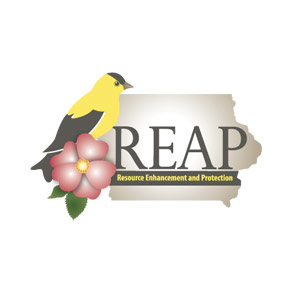Frog Call Monitoring
Volunteers around Iowa are collecting frog call data from a variety of species. According to the Iowa DNR, "Amphibians globally are on the decline and there is ample evidence that they are sensitive to environmental changes....Frogs and toads are relatively easy to survey because during the breeding season they sing. Each species can be identified by its own unique song."
Location
Woodward, Iowa, and various other sites around Iowa
Driving Question
- What could be causing the decline of amphibians in Iowa?
Probing Questions
- What information does the frog call monitoring give us?
- What can be done to prevent the decline of amphibians?
Classroom Suggestions
Students could:
- Recall a situation where they have heard the sounds of frogs, also ask if they are familiar with the frog calling program.
- Discuss as a class the types of data that the frog monitors were collecting.
- Brainstorm in pairs why it would be important to collect the different types of data from different locations in Iowa.
- Read an article or case study about another type of amphibian or reptile (turtles) and its decline in Iowa.
- Create a diagram of the potential effects this might have on an ecosystem with the decline on the frog population.
- Research potential causes of frog population decline in Iowa.
- Create a poster, presentation, podcast, brochure or video to highlight their research and a plan to mitigate the effects of humans that could be causing the frog population decline.
Resources
- Amphibians and Reptiles of Iowa | Frogs and Toads: Frog and toad species living in the state.
- Iowa Public Radio | DNR Relying On Citizen Scientists To Monitor Frogs, Water Quality: Story describes the Iowa DNR Frog and Toad project.
- Des Moines Register | Demand for Meat Threatens Iowa’s Wild Turtles: Shows how human actions of harvesting turtle meat for Asian countries have impacted Iowa’s turtles.
Iowa Core Alignment
HS-LS2-7:Design, evaluate, and refine a solution for reducing the impacts of human activities on the environment and biodiversity
Credit Info
Submitted by Dan Voss and Madison Beeler as part of their Iowa STEM Teacher Externship experience at Iowa PBS.
Media produced for Iowa Outdoors by Iowa PBS.
Funding for Iowa Science Phenomena provided by:




